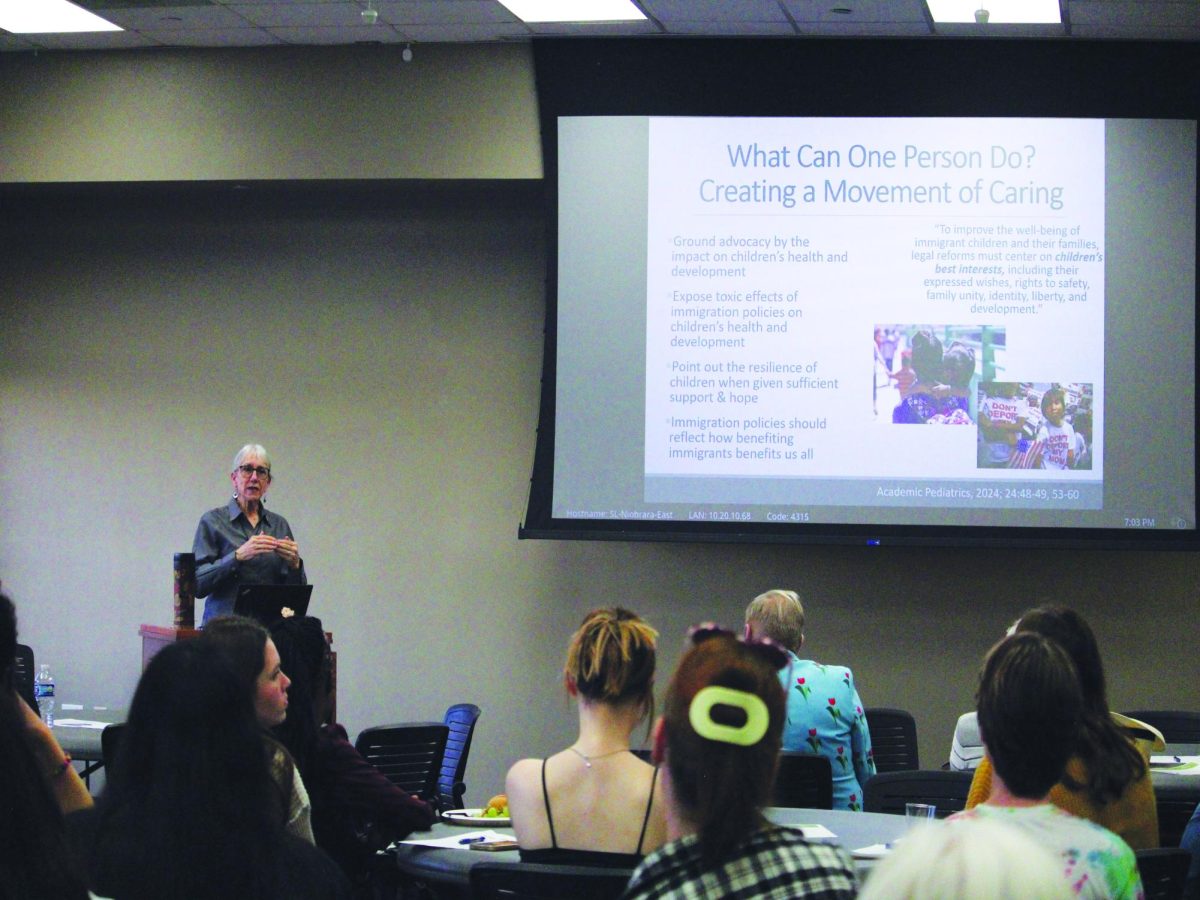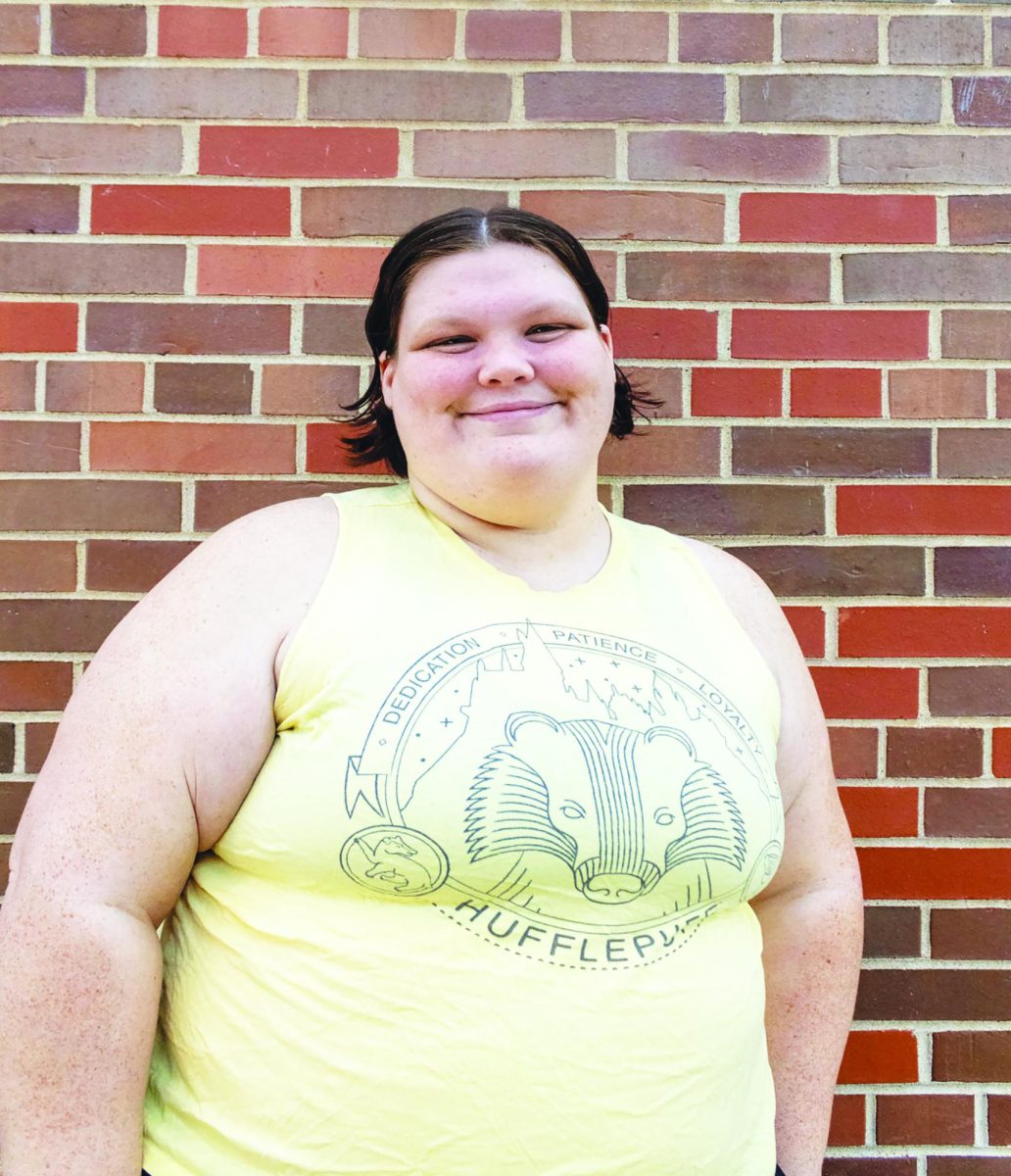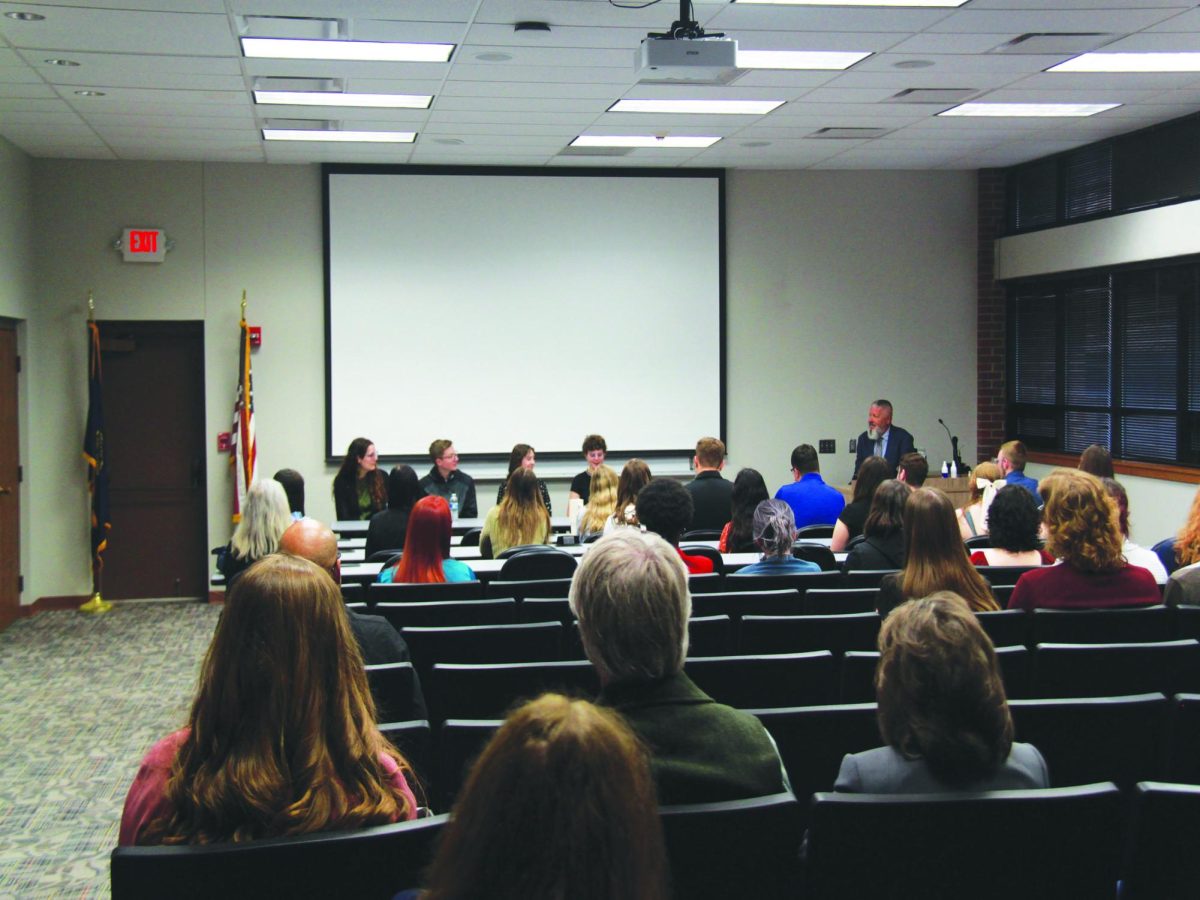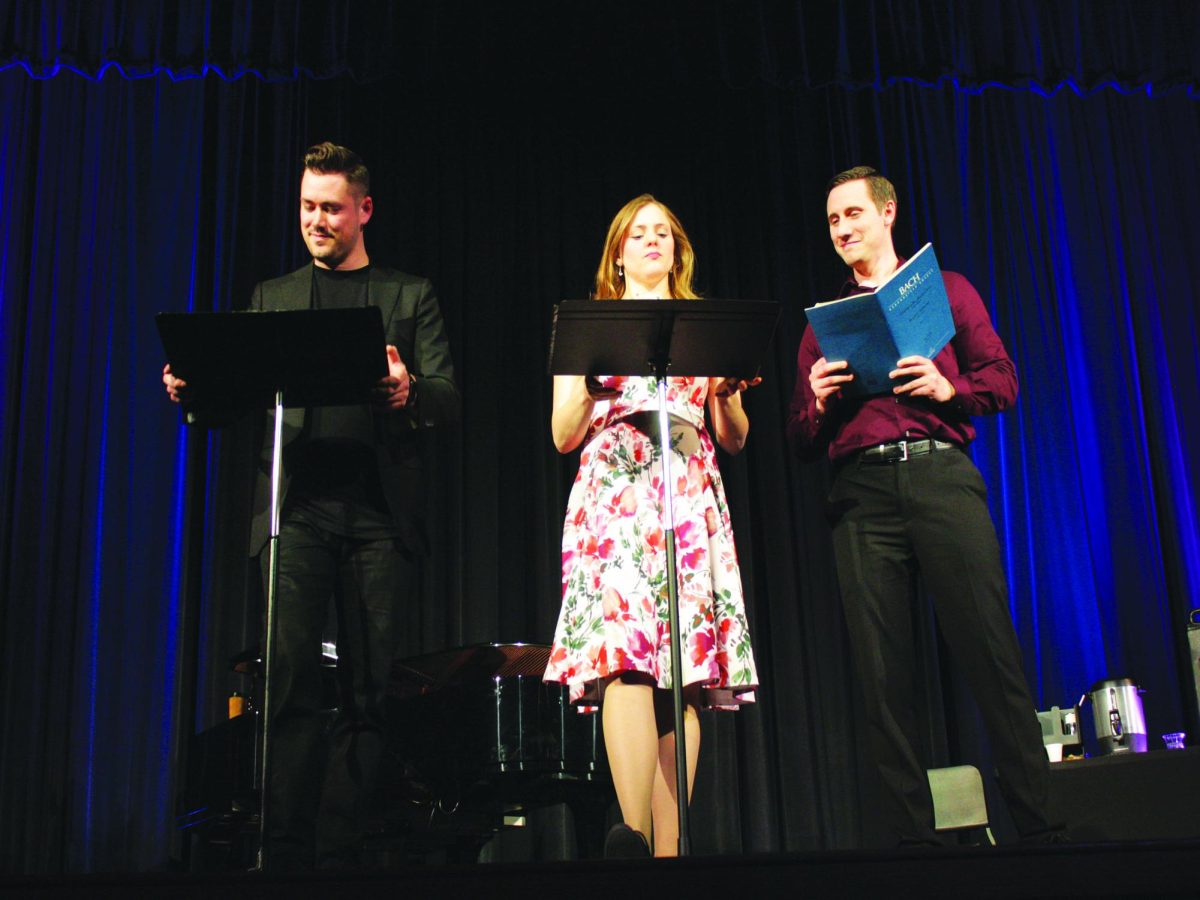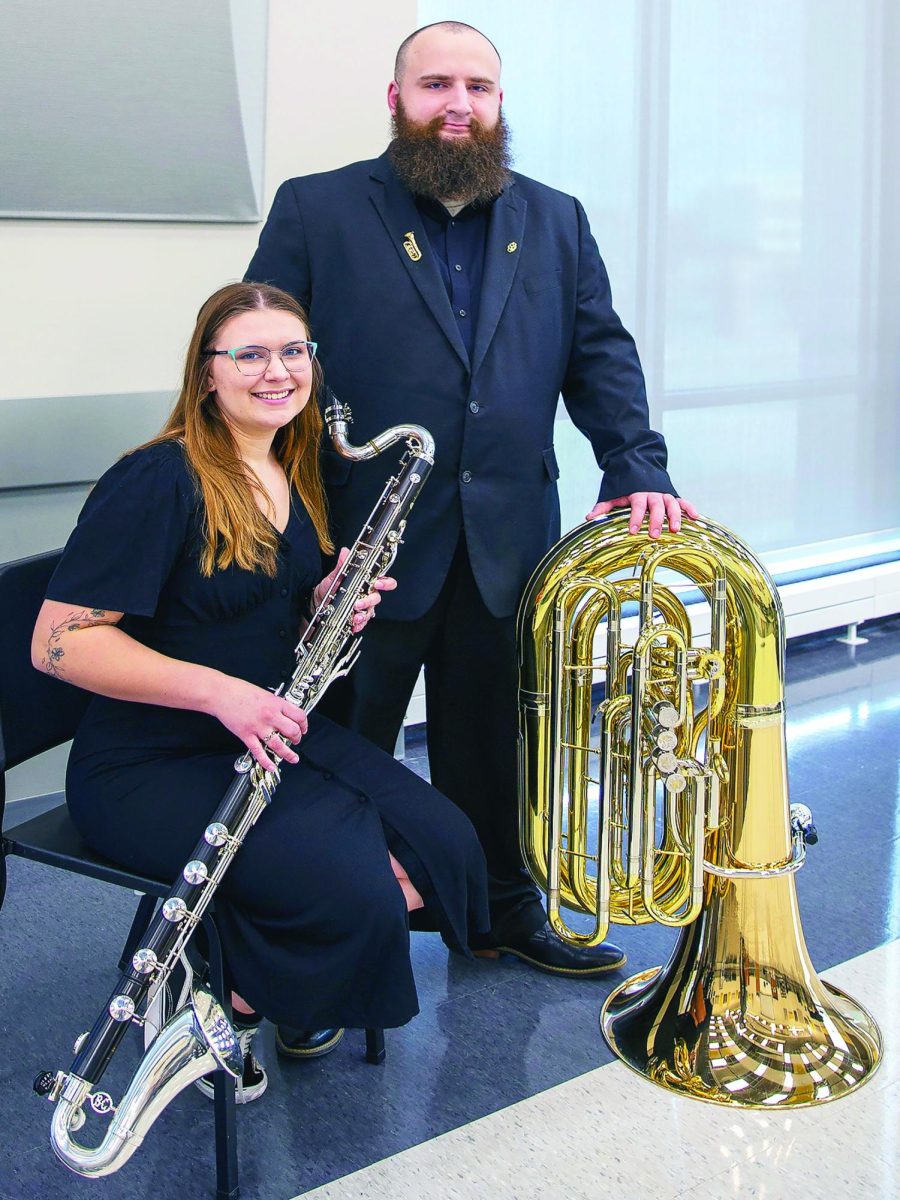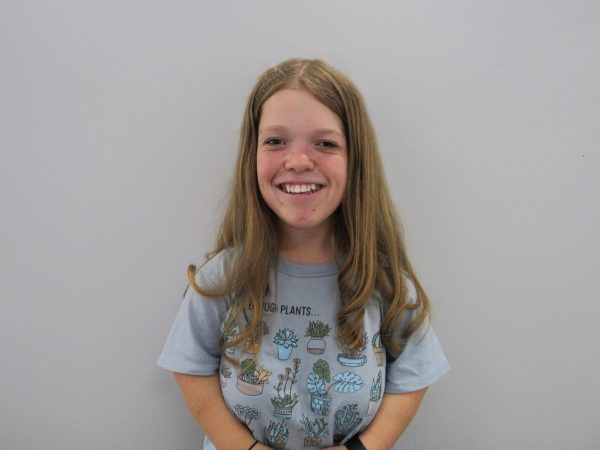If I could have any power in the world, I would want the power to reach the top shelf. I would want the power to be able to hide or at the very least, disguise myself so that in certain moments, I could be unrecognizable to the public. The world we live in is a wonderful place to be for those who cannot hide. Your average celebrity can easily disguise themselves while walking out in public to avoid being seen by fans or the paparazzi. A simple hat and sunglasses can change the look of the average celebrity, but the minority of those in the media, those with dwarfism being a prime example, cannot hide nearly as easily.
For years, dwarfs have been presented in the media, whether that be on the TLC channel, movies, or other media sources. Recently, the idea of dwarfs having a damaging reputation because of their portrayal in new movies is being brought to light. With the announcement of the new “Snow White” remake and “Wonka,” media uprisings have occurred among the dwarf population over the last few months. Peter Dinklage, one popular dwarf actor, has previously spoken in interviews about his opinions regarding the use and misuse of dwarf representation in these movies. Dinklage is known for his role in “Game of Thrones,” “Elf,” and more recently, “The Ballad of Songbirds and Snakes,” but he hasn’t always been offered the roles he anticipates for himself. Dinklage has previously been known to shoot down roles offered to him that stigmatized dwarfs, such as elves or leprechauns.
Mark Povinelli, president of the organization Little People of America, spoke on the issue of casting dwarfs solely for these belittling roles in an article published by The Guardian,
“These roles as elves and leprechauns and gnomes and fantasy creatures would be much more palatable if the role you’re playing after that was a doctor or lawyer or father or husband or love interest,” Povinelli said. “That’s not just happening. Neither is happening now.”
In “Wonka,” audience members wondered who would be playing the Oompa Loompa, characters who have been played by dwarf actors in the previous two iterations of the film. While the role would easily fit someone with dwarfism, the actor that would fill the shoes of the Oompa Loompa would be Hugh Grant, who usually stands just under 6 feet.
“The most troubling part of the Hugh Grant one is that, from what I can tell, they have CGI-ed him to have the physical attributes of a person with dwarfism like the larger arms, the shorter hands, so he looks like a person with achondroplasia just like the Oompa Loompas from the film of the early 70s,” Povinelli said. “They’re trying to maintain the physicality of dwarfism but erase the authenticity of dwarfism, which is troubling.”
The problem stemming from this example, along with others in the past, is the authenticity of the representation of dwarfs. It’s insulting to see a traditional role played by a dwarf being replaced with someone of average height, who has been edited to look more like a dwarf.
Before those with dwarfism are even given the opportunity to be in a film, however, they must first be able to get into the room. Acting as a dwarf in a role “fit” for an average-height person, is difficult enough. Selling yourself to the writers is an entirely different story. Povinelli touches on this topic in his interview with The Guardian, explaining that the dwarfism community has been left behind because no one wants to write the roles that will best suit them. Instead, filmmakers and writers would much rather have dwarfs fill the self-deprecating roles; which in their minds, fit these actors best.
In fantasy films, such as “Time Bandits,” filmmakers liberate actors with dwarfism to be fully human.
“Because they think they are non-human, they develop them with a lot of human qualities to make them relatable. When it’s written as a human little person, all of our humanity gets taken away and we’re just a sight gag,” Povinelli said. “You get the guy who walks into the office and all the workers make inappropriate jokes and get in trouble for it. They still get all the jokes but they’re at your expense whereas the fantasy character is like a fully developed character who just lives his life and happens to live in a world that’s adjacent to ours. It’s kind of demoralizing.”
Povinelli has personally been hired for roles that were targeted at dwarfs. These roles included characters that bit someone’s ankle or the butt or even, to some extremes, grabbing women’s breasts.
“It was astounding how many times the character written was supposed to fight somebody,” Povinelli said. “It’s always the pugnacious little person who’s fighting the big guy and people find it hilarious. I would get killed if I did that in real life.”
Along with the release and the feedback behind “Wonka,” the announcement of the new “Snow White” movie created some controversy among audience members, specifically Erin Pritchard. Pritchard, lecturer in Disability and Education in the School of Sciences at Liverpool Hope University in the UK, writes a blog post published under the London School of Economics and Political Science titled, “It’s time to reconsider how dwarfism is represented in the entertainment industry. Pritchard, having dwarfism, voices some of her opinions regarding the recent portrayal of dwarfs in the media.
“Dwarfism is rare and thus most people have only encountered someone with dwarfism in a film or television show, where their perceptions are created, and actions such as laughing at us are highly encouraged,” Pritchard said. “Even though I do not work in the entertainment industry, strangers often assume that I do, because dwarfism is seen as a figure of entertainment.”
These dwarf actors who choose to put themselves out there in the world don’t always receive the representation they deserve. They’re forced to be stared at, laughed at and pointed at. But it doesn’t take away from the fact that dwarf actors should be represented in films for who they are as a human – not as a fantasy character.
If I could have any power in the world, I would want the power to be able to reach the top shelf. Not any specific top shelf, just all top shelves. And if this power was off limits, I’d want the power to be able to walk down the street without immediately being recognized because of my height. But if someone gave me the option to change my entire identity, just to be able to reach the top shelf, or be able to be hidden from the rest of the world, I would have to politely decline, because I’d so much rather be an expert at hide-n-seek than see all the dust particles my mom missed on the top shelf.

